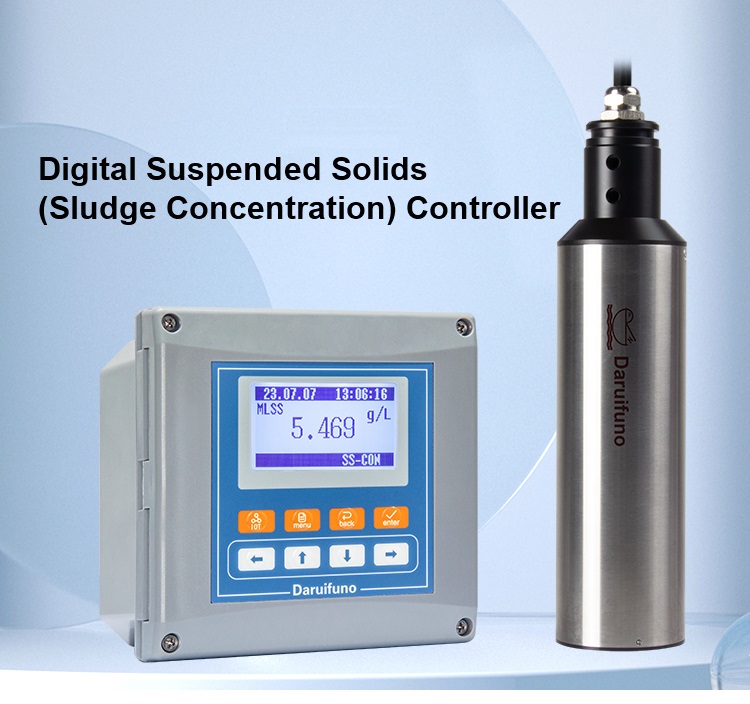The photovoltaic industry is currently facing severe challenges, with deteriorating living conditions and declining revenues for many companies. Major players in the sector are struggling to maintain their independence, as seen with Wuxi Suntech, which recently filed for bankruptcy and reorganization. Another company, just barely avoiding insolvency, has also released its 2012 fourth-quarter financial report, raising concerns about its long-term survival. Analysts suggest that the collapse of several photovoltaic firms may be imminent, signaling a broader crisis within the sector.
Before this downturn, solar energy was once a favored area of government support. However, it now finds itself in a precarious position. At a forum titled "Exploring the Real Growth of Enterprises" hosted by Caijing and HNA Group on April 27, 2013, Cai Hongping, Executive Chairman of Deutsche Bank Asia Pacific Investment Bank, expressed his views on the current state of government policy. He pointed out that sectors like wind and solar power—once heavily promoted by the government—are now facing closures. His conclusion was clear: "Essentially, what the government encourages today, companies should avoid, because when the government calls for something, problems often follow."
Cai emphasized the importance of shifting away from heavy government intervention and instead allowing the market to take the lead. He advocated for a "small government and a large society," arguing that China should move toward a more market-driven economy. "We need to learn from past mistakes and recognize the critical role that businesses and markets play in driving growth," he said.
He criticized the current regulatory environment, noting that government policies have become inconsistent and ineffective. "It seems that everyone in China talks about reform, but I don’t see real change happening," he remarked. Cai called for bold leadership and a willingness to embrace risk, drawing inspiration from the entrepreneurs of the 1980s and 1990s who pushed forward despite obstacles.
He also highlighted the need for greater efficiency within both the corporate and governmental sectors. "Chinese companies are showing declining growth, and the government’s functions are weakening," he observed. In response, he urged stronger government reforms, including reducing bureaucratic control and focusing on creating an environment where the market can thrive.
"In our country, the central government and central bank hold too much power in macroeconomic decisions," he said. "We must work harder to reduce government intervention and let the market operate freely. This is my suggestion."

A suspended solids controller is a test device used for on-line monitoring and management of suspended solids levels in water or wastewater. It integrates seamlessly with suspended solids sensors to provide real-time data on the concentration of solid particles suspended in water or wastewater. This controller is equipped with two SPST relays and two 4-20mA current outputs, offering versatility in controlling and monitoring systems. Additionally, it features a two-wire RS485 interface and supports the Modbus communication protocol, facilitating seamless integration with various automation and control systems. The controller can be installed in multiple configurations, including panel-mounted, wall-mounted, or pipe-clamped, allowing for flexibility in deployment based on specific application needs.
In terms of its application, the Suspended Solids Controller is indispensable in a range of settings. It is widely used in sewage treatment plants to monitor the effectiveness of treatment processes and ensure compliance with regulatory standards. Surface water monitoring stations, reservoirs, and hydropower stations also benefit from its precision and reliability in maintaining water quality. By providing accurate data on suspended solids, the controller enables operators to take timely actions to optimize water treatment processes and protect aquatic ecosystems.
Suspended solids refer to solid particles that remain suspended in water or other liquids due to natural or human factors. These particles can include sand, silt, clay, organic matter, and pollutants. The presence of suspended solids has significant impacts on water clarity, quality, biodiversity, and overall ecosystem health.
A large concentration of suspended solids can cause water turbidity, reducing light penetration and oxygen content in the water. This, in turn, affects the growth and reproduction of aquatic organisms, disrupting the balance of aquatic ecosystems. Furthermore, suspended solids can serve as a medium for the transport of contaminants, such as heavy metals and nutrients, which can lead to further degradation of water quality.
To address the issue of suspended solids, various measures can be taken. Reducing pollution sources, strengthening water management practices, and improving land use are long-term strategies that can help minimize the input of suspended solids into water bodies. Additionally, physical, chemical, and biological methods can be employed to remove suspended solids from water. Techniques such as precipitation, filtration, adsorption, and biodegradation are commonly used to treat water and restore its clarity and quality.
In summary, the Suspended Solids Controller is a crucial tool in managing and maintaining water quality. By providing real-time monitoring of suspended solids, it enables operators to take proactive measures to protect aquatic ecosystems and ensure compliance with regulatory standards. Meanwhile, understanding the impacts and sources of suspended solids is essential for developing effective strategies to reduce their presence in water bodies and preserve the health of aquatic environments.

As a supplier and manufacturer of Suspended solids controllers, Daruifuno stands as a trusted partner in the field of water quality analysis. Committed to excellence and innovation, we provide cutting-edge solutions that cater to the evolving needs of our customers. Our Suspended solids controllers embody our dedication to precision and reliability, offering robust performance in diverse water quality monitoring scenarios.
If you are in search of reliable and versatile water quality analysis instruments, Daruifuno's Suspended solids controllers are your ultimate choice. Our products are designed to deliver precise and dependable results, empowering you to make informed decisions about your water quality management. Contact us today to learn more about our offerings and discover how we can support your efforts in achieving precise and reliable water quality monitoring.
Suspended Solids Controller,Online Suspended Solids Controller,Digital Suspended Solids Controller
Suzhou Delfino Environmental Technology Co., Ltd. , https://www.daruifuno.com
